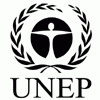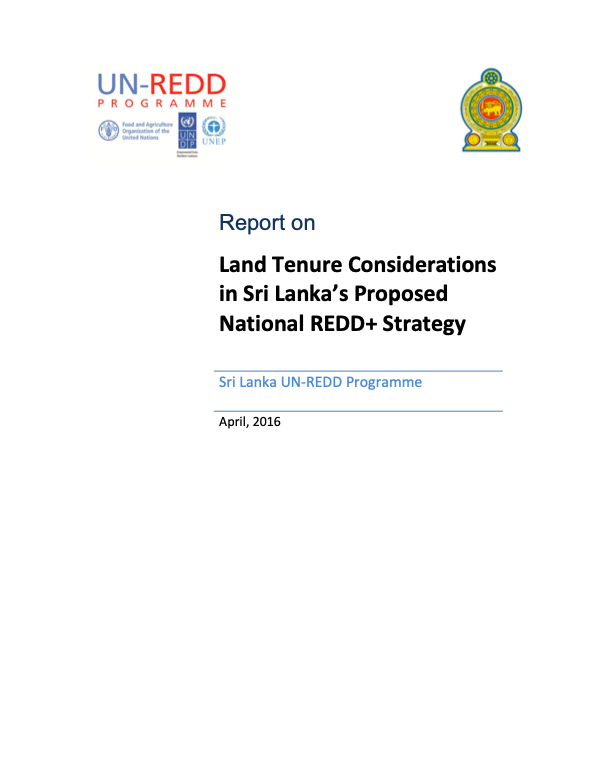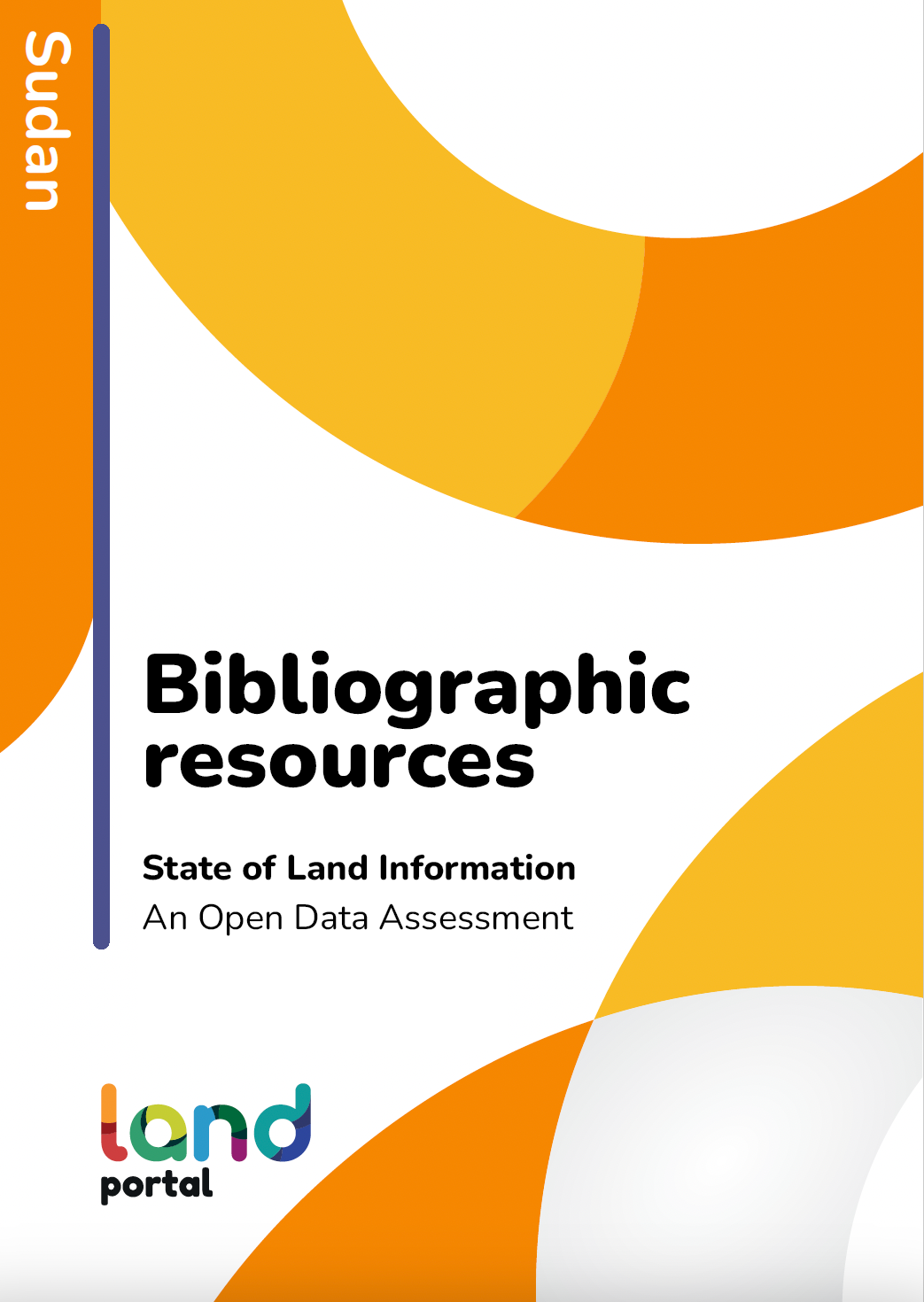Location
Deforestation and forest degradation account for approximately 11 percent of carbon emissions, more than the entire global transportation sector and second only to the energy sector. It is now clear that in order to constrain the impacts of climate change within limits that society will reasonably be able to tolerate, global average temperatures must be stabilized within two degrees Celsius. This will be practically impossible to achieve without reducing emissions from the forest sector, in addition to other mitigation actions.
Reducing emissions from deforestation and forest degradation (REDD+) is a mechanism developed by Parties to the United Nations Framework Convention on Climate Change (UNFCCC). It creates a financial value for the carbon stored in forests by offering incentives for developing countries to reduce emissions from forested lands and invest in low-carbon paths to sustainable development. Developing countries would receive results-based payments for results-based actions. REDD+ goes beyond simply deforestation and forest degradation and includes the role of conservation, sustainable management of forests and enhancement of forest carbon stocks.
Members:
Resources
Displaying 1 - 2 of 2Land Tenure Considerations in Sri Lanka’s Proposed National REDD+ Strategy
At the request of the Sri Lankan Government an assessment was designed and conducted as part of the development of the country’s national strategy on REDD+. The assessment involved applying criteria from the Voluntary Guidelines on the Responsible Governance of Tenure of Land, Fisheries, and Forests (VGGT) to analyze the tenure implications for a wide array of proposed policies and measures (PAMs) to address deforestation and forest degradation. The assessment will help Sri Lanka to prioritize and make investment decisions among the PAMs.




